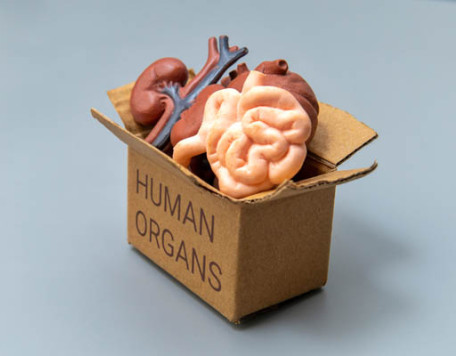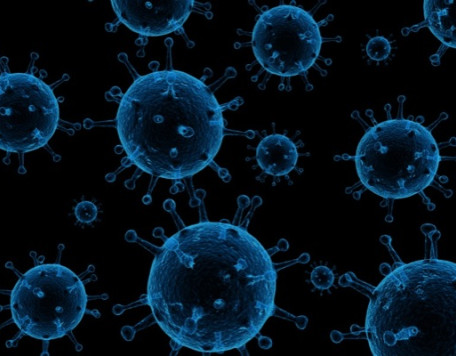© Pint of Science, 2025. All rights reserved.
At Neuroscience 101 you will have a unique opportunity to learn about the key techniques and theories in neuroscience research, and how local scientists are making ground breaking discoveries working towards new therapies for Stroke and Alzheimer’s. You'll even be able to experience how real research scientists see brains down the microscope! All ages welcome.
Brains for Dementia – using Genetics to design more effective drug treatments
Over the last 8 years our understanding of the genes and the genetic mechanisms behind Alzheimer’s disease has increased immeasurably. New technological approaches mean that we screen the entire human genome in days rather than months and these insights are starting to inform intelligent drug design for the condition. This talk will describe the seminal research findings since 2009 highlighting those that promise hope that in the not too distant future we will be able to ‘tackle’ this condition with effective therapies
Stroke and Infection: A Deadly Combination
Approximately 152,000 people have a stroke each year. Many people die in the months after their stroke and many more patients end up with lifelong disabilities. One of the worst things that can happen after a stroke is for the person to get an infection – any infection. This increases the chance of the person dying or having a disability. But why is having an infection so bad for a person with a stroke? What happens in their brains to cause these devastating consequences to a person health and well-being? And can we do anything to prevent it?
Making and breaking connections: The inside story of the brain
The brain is made up fundamentally by neurons, and for the brain to function neurons need to connect with each other forming neuronal circuits. In our lifetime, the ability to think, move or sense depends on the correct formation and subtle changes of such neuronal circuits and their billions of connections. This connectivity depends on the extension of long, thin, cable-like processes called axons, which are essentially the “wiring” of the neuronal circuits.







Map data © OpenStreetMap contributors.
Map data © OpenStreetMap contributors.
Other Canal House events
2025-05-21
CTRL + P: Printing the Future
Canal House
48-52 Canal St, Nottingham, NG1 7EH, United Kingdom
2025-05-19
Cell-ebrity Status: Cells' Star Quality
Canal House
48-52 Canal St, Nottingham, NG1 7EH, United Kingdom





